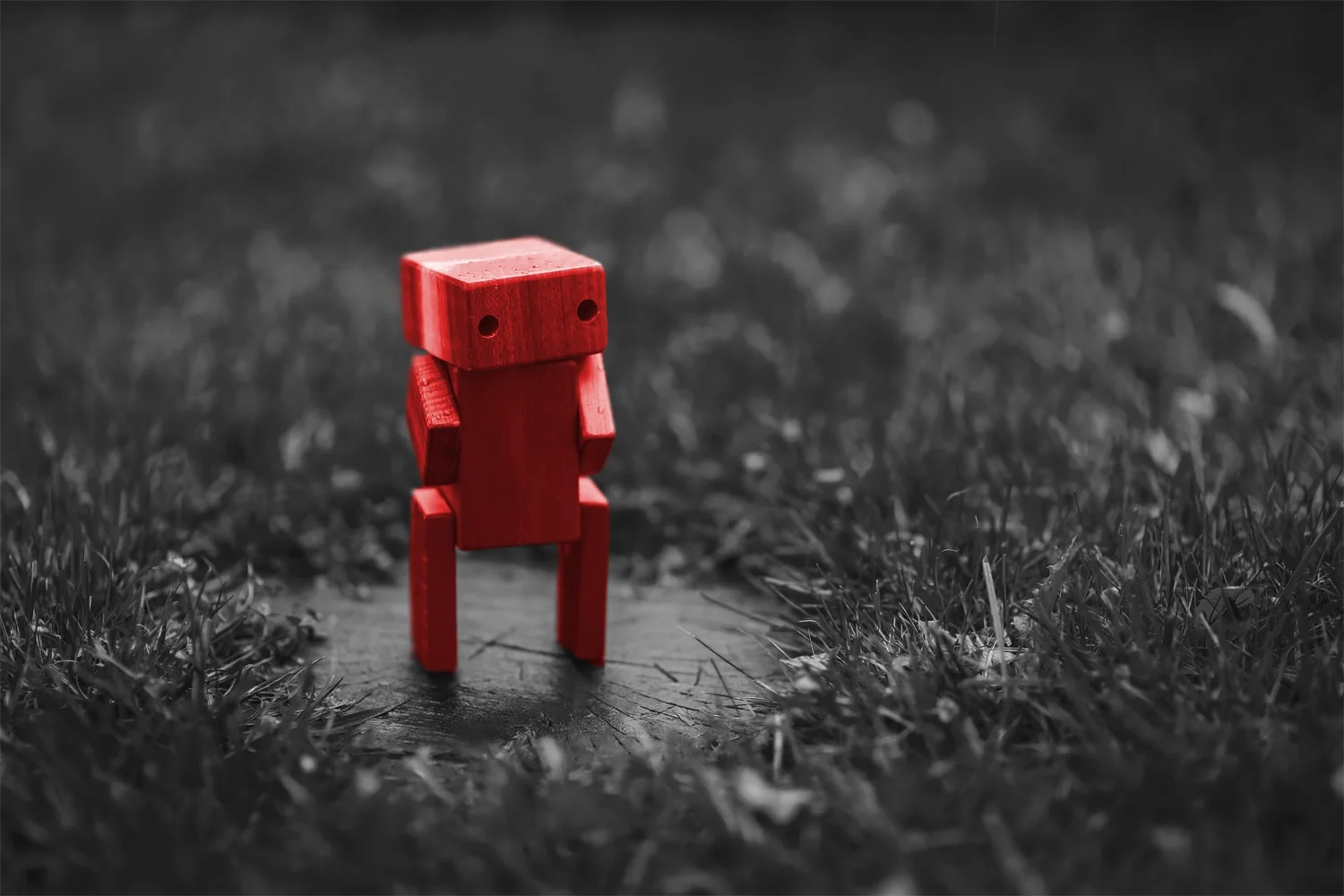Benedict Dellot and Fabian Wallace-Stephens of the RSA look at the potential impact of artificial intelligence and robotics on the workforce in this report.
Public interest in artificial intelligence (AI) and robotics is gathering steam - and for good reason. Recent years have seen the emergence of machines that can diagnose cancers as accurately as pathologists, detect fraudulent financial transactions in a matter of milliseconds, produce coherent news stories for media outlets, shuttle goods and pallets within complex distribution warehouses, trade stocks and shares in financial markets, and perform case research for the legal industry. The breadth and depth of accomplishments expands by the day.
It is therefore unsurprising that fears have grown in tandem about what AI and robotics might mean for workers. It is four years since the University of Oxford published its landmark study predicting that 35 percent of UK jobs could be made obsolete by new technology. But since then, anxiety about automation has only become more acute.
